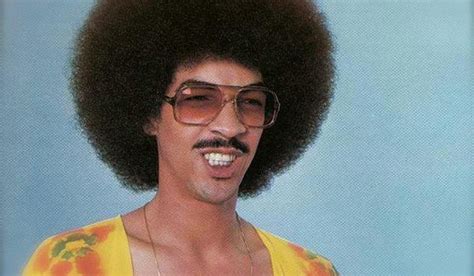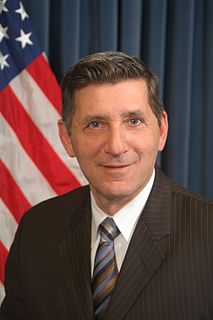A Quote by Margaret Atwood
Communications technology changes possibilities for communication, but that doesn't mean it changes the inherited structure of the brain. So you may think that you're addicted to online reading, but as soon as it isn't available anymore, your brain will pretty immediately adjust to other forms of reading. It's a habit like all habits.
Related Quotes
Think about the way you go surfing on the Internet - you go from one thing to another. You can't really concentrate. I can't sit and read 10 pages on my computer. You'll read and then all of a sudden part of your brain is like, "What about that? ...You're not reading the whole book. You're reading fragments. Even though I think it's bad, I think it's interesting too, because that's the way my brain works.
Having children changes your behavior. Your personality doesn't change, but you're more cautious of what you say and how you say it to start with-so that already changes things. My mind is not completely mine anymore. I used to be able to concentrate and achieve things. Now I find it much harder to focus, because it just seems that half your brain doesn't belong to you anymore. My kids are still little. Maybe it will change more when they're older, but I doubt it.
Pace yourself in your reading. A little bit every day really adds up. If you read during sporadic reading jags, the fits and starts will not get you anywhere close to the amount of reading you will need to do. It is far better to walk a mile a day than to run five miles every other month. Make time for reading, and make a daily habit of it, even if it is a relatively small daily habit.
Reading changes your life. Reading unlocks worlds unknown or forgotten, taking travelers around the world and through time. Reading helps you escape the confines of school and pursue your own education. Through characters - the saints and the sinners, real or imagined - reading shows you how to be a better human being.
An oral society develops both sides of your brain, and the utilization of your brain is more complete than in a linear education module. The written word limits your brain capability by immediately focusing on one area. You don't have any peripheral vision. It immediately divorces you from the environment.
I'm sure you feel differently about writing than you did when you first started. When you get older and your brain changes, you have to figure out how your job fits into your life as it changes, you know what I mean? I guess everybody goes through that stuff, and I'm no exception, always trying to figure out what I'm doing with music.
. . . it is worth discussing radical changes, not in the expectation that they will be adopted promptly but for two other reasons. One is to construct an ideal goal, so that incremental changes can be judged by whether they move the institutional structure toward or away from that ideal. The other reason is very different. It is so that if a crisis requiring or facilitating radical change does arise, alternatives will be available that have been carefully developed and fully explored.
In most sports, your brain and your body will cooperate... But in rock climbing, it is the other way around. Your brain doesn't see the point in climbing upwards. Your brain will tell you to keep as low as possible, to cling to the wall and not get any higher. You have to have your brain persuading your body to do the right movements.






































